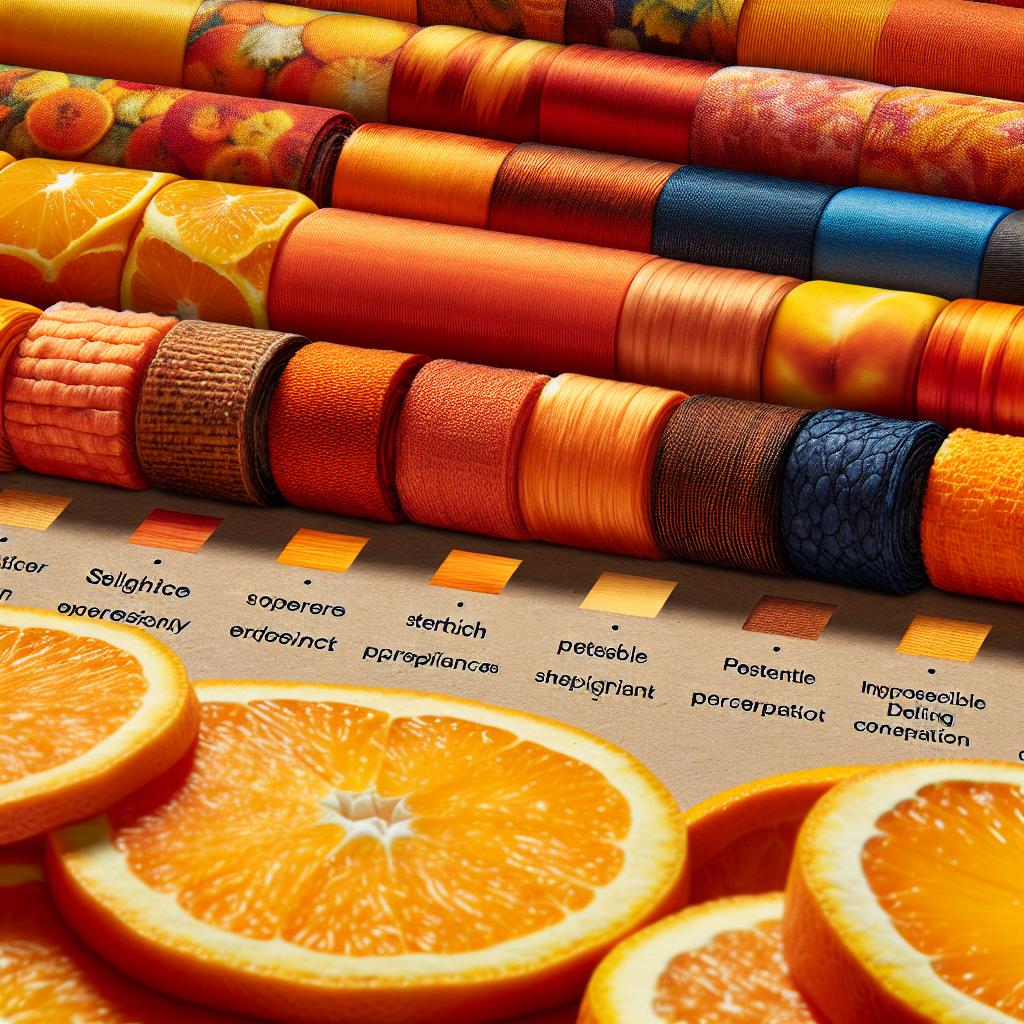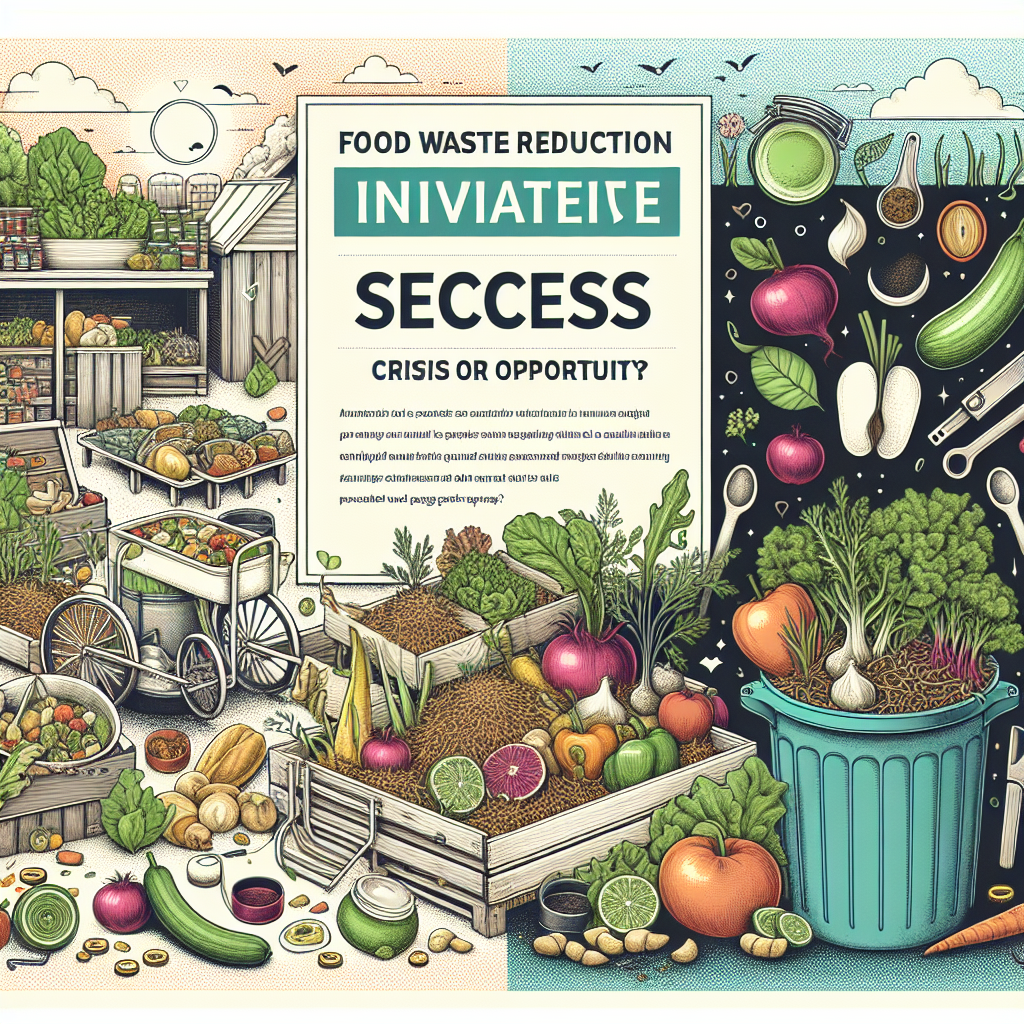With every passing era comes a defining concern. If climate change is ours, then our chapter’s title may very well be ‘Sustainability: Crisis or Opportunity?’. One such promising sub-heading under this overarching narrative is the intriguingly successful initiative aimed at reducing food waste.
Fashion Trend
In a surprising turn of food industry trends, wasted fruits, vegetables and grains find their second life in high-end fashion. Discarded orange peels evolve into vibrant silk-like material while wine dregs transform into exotic leathers.
Designer Vision
This shift is no accident but rather born out of visionary designers’ quest for embracing circular economy principles while crafting wearable art pieces. They are re-imagining everyday food refuse as haute couture material.

Manufacturing Process
The transformational journey from kitchen scrap to runway staple involves employing cutting-edge bioengineering techniques like bacterial fermentation and mycelium cultivation, which imbues these upcycled materials with durability comparable to conventional fabric resources.
Market Response
An initial mix of skepticism and intrigue has morphed into genuine admiration as consumers witness not only the aesthetic merits but also the sustainable attributes delivered by these innovative materials.
Cultural Influence
As it pleads its case on glamorous runways and chic boutiques worldwide, this movement prompts wider societal reflection upon our relationship with nature and consumption patterns.
Sustainability Focus
By reducing food waste and fostering biodegradable product design, these fashion forays purposefully tackle pressing sustainability challenges.
Consumer Behavior
This wave of avant-garde green fashion is already influencing consumers to lean towards choices that balance style with social responsibility.
Industry Challenges
However, obstacles loom large. High production costs, scalability issues, and the need for broader consumer acceptance still pose significant hurdles.
Future Directions
This burgeoning confluence of fashion and sustainability holds promise. As technologies advance and collective consciousness evolves, this trend is expected to gather momentum on a more global scale.
Cultural Impact
The ripple effects of this movement extend far beyond haute couture runways or retail stores; it triggers reflections upon our wider societal relationship with food waste and consumption, redefining value in what was once seen as refuse.
Conclusion
As we examine movements like these, it becomes clear how intricately bound our choices at the supermarket checkout aisle or boutique fitting room are to wider-world concerns. Necessity may be the mother of invention, but an enlightened vision gives birth to opportunity out of crisis. This is no longer merely a story about ‘food’, ‘waste’, or ‘success’. It’s about us—all of us—weaving harmonious stories around sustenance and style while mindfully respecting our feeding hand—Mother Nature herself.

